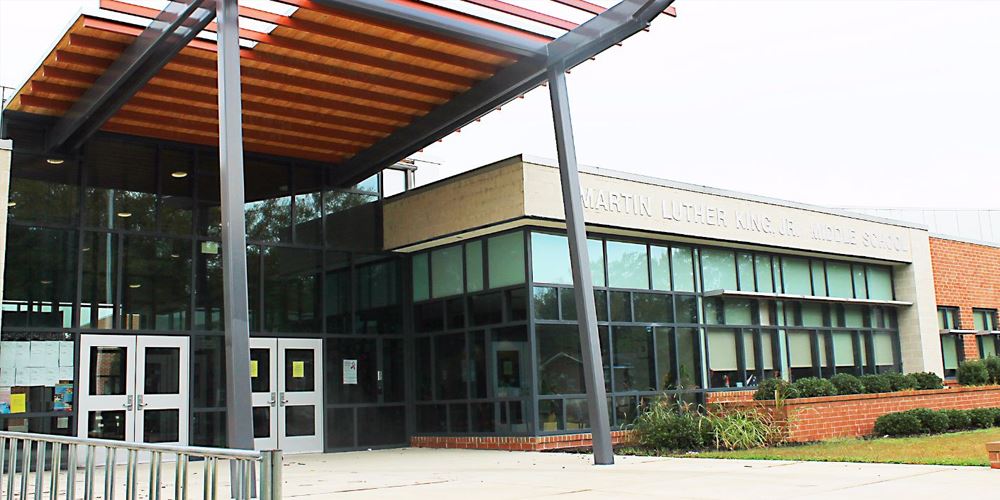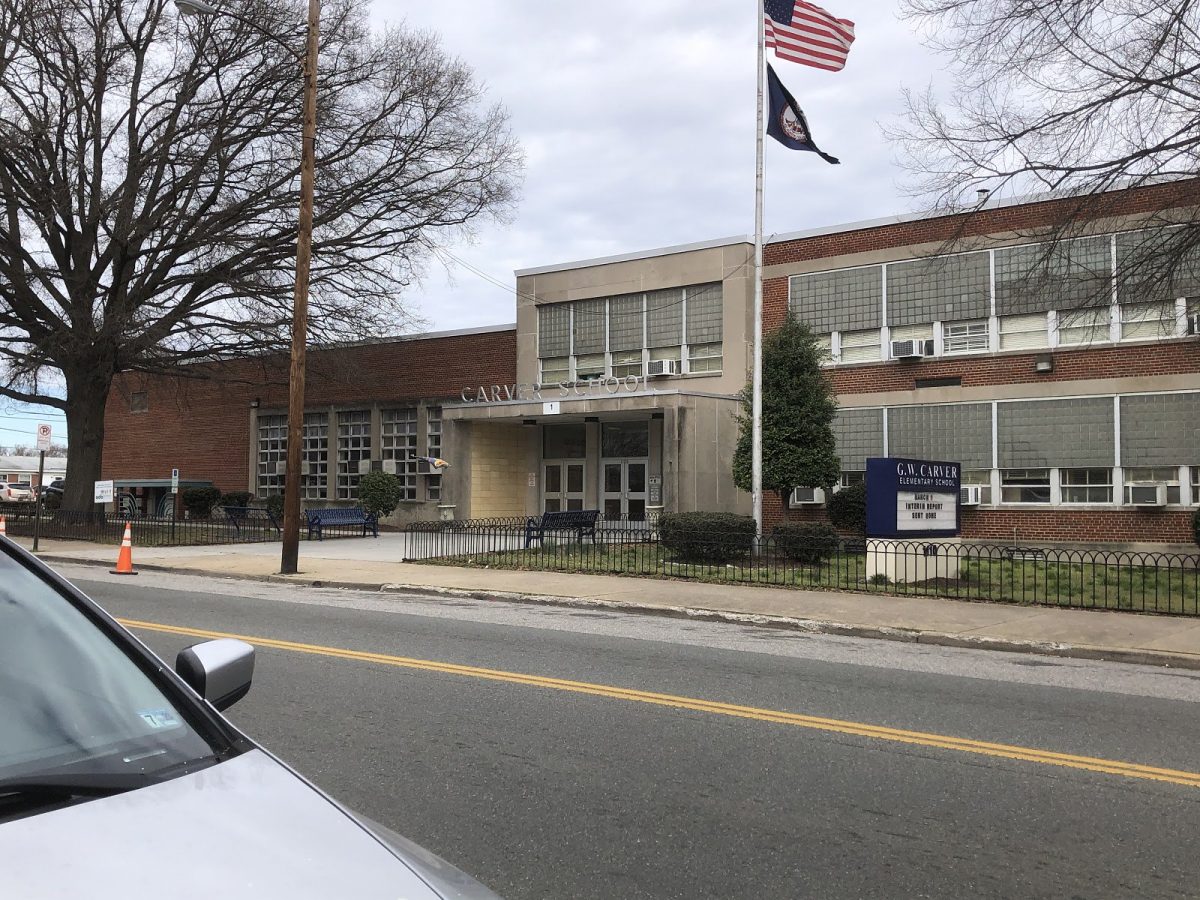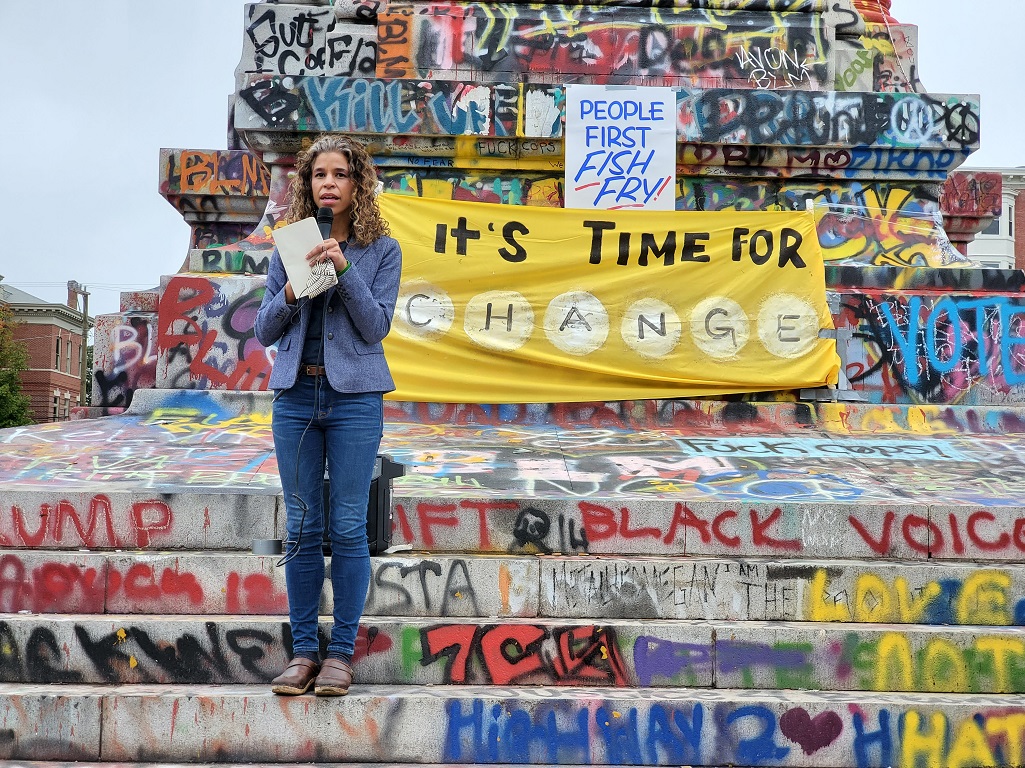The laws on the books haven't changed. Laws protecting transgender students, passed by the General Assembly in 2020 and signed into law by former Governor Ralph Northam, remain in force here in the Commonwealth of Virginia. And yet, late Friday afternoon, the Virginia...





